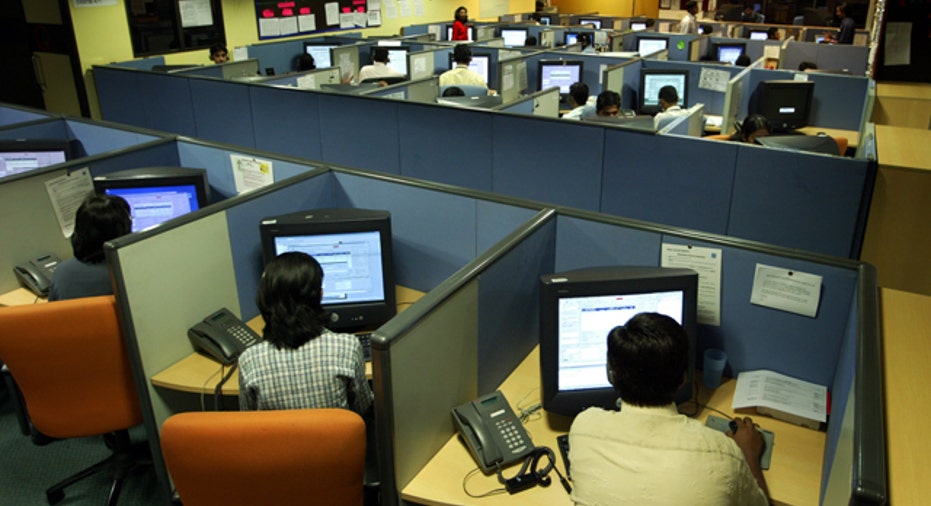Is Your Office Millennial Friendly?

By 2020 it’s estimated that 46% of U.S. workers will be made up of millennials and that is projected to grow to 75% by 2025, which means companies of all sizes will be vying for this group of professionals.
If small businesses want to have an edge over their larger counterparts when it comes to recruitment and retention, then they better create an office environment that meets this generation’s needs.
“Millennials have a very different mentality,” says Wendy McCubbin, senior manager of global worksite wellness at Ergotron, the maker of ergonomically correct office equipment. “The older generations have grown up with office environments. They, on the other hand, have grown up with technology.” Because the millennials are so adept at using technology to communicate, socialize and work whenever and wherever, they want an office environment that caters to that.
Unlike the older generations before them, the millennial workers are used to collaborating and easily communicating with their team members. For small businesses, that means creating a workspace that fosters that by getting rid of high-walled cubicles and offices for executives and creating an open environment where people sit beside each other instead of being blocked offed. “They don’t want to be stuck in a cubicle,” says McCubbin. “They want a collaborative open work environment.”
But it’s not only their workspace that will have to change if small businesses want to attract and retain this very important group of workers. According to experts, this generation wants to work hard but they also want to balance that with their personal lives. They aren’t afraid to work all hours of the night if the company is willing to be flexible and let them take care of personal things during office hours. According to McCubbin, the quickest way to turn off a millennial is to require them to punch a time clock or be in the office from 9:00 to 5:00. Companies should embrace flexible hours and allow their workers to go to doctor visits, pay bills online, or exercise during office hours. McCubbin says a way to attract this generation is to create a cool, relaxing and social environment, which could mean a lounge area, a fully stocked kitchen or treadmills near their work stations.
Millennials have grown up with technology and expect that to be major part of their work environment as well. Because of that, experts say companies have to embrace BYOD policies as well as make it easy for them to use all of their different mobile devices.
“They are very tech savvy and super connected and are multi taskers,” says Peter Mahoney, senior vice president and chief marketing officer at Nuance, the software company that makes voice activated software. “It’s very important to make sure they have constant access to information.”
According to Mahoney, Nuance focuses a lot of its attention on their millennial workers and will create office environments that will appeal to them both from a physical and technological standpoint. For instance Mahoney says since the company knows some of its staff, particularly the milennials, want to work in or near cites it just opened an office in Cambridge, Massachusetts. “We know there’s a certain segment of our workers that are much more interested in working in different kind of environments you might see outside the suburbs,” he says.
In addition to picking locations that appeal to millennials, Nuance also knows this group of workers value their mobile devices and see it as an extension of themselves, so they make using them easy to do. He says companies are missing an opportunity if they don’t create polices that let them use their devices or accept the fact that they will get their work done, but it may not be in the confines of the office.
“It’s really important to millennials and as a result it’s important for companies to adopt these polices that help people use the technology they want to,” he says. For example, Nuance has found that among their millennial workers e-mail has become passé. Since this group is more interested in collaborative communications and feel using social networks is not only part of their business but also their professional lives, Nuance has created an internal social network to encourage collaboration and socializing among workers.
“A lot of people are catering to them, but they are not focused on the way they work,” says Mahoney.



















